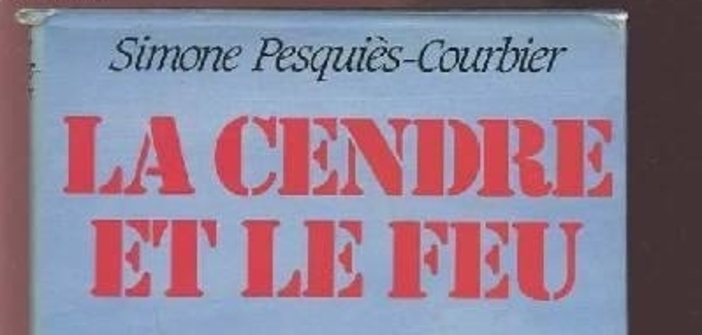In the Cévenol country, the saga of a family throughout the 20th century. The Rabier family is Huguenot. Through this rural novel, we experience the lives of these peasants, where at the beginning of the 20th century, the rivalries between Catholics and Protestants are still evident.
The Rabiers are particularly affected by the First World War. The women are there both for the farm work, the household, and raising the children. In the Rabier family, there are four children, two of whom will die in the war, and Maurice, the fourth, who will return disabled from the conflict. The Germans are not liked, and yet Marthe will succumb to the charm of her German cousin, also a Rabier!
With the revocation of the Edict of Nantes in 1685, many Huguenots would leave France. The Second World War brings together, amidst public disgrace and the judgment of hypocrites, Marthe and her cousin Helmut in an impossible love. While the German mainly seeks the warrior’s rest, Marthe falls in love with the “boche.” Thus, Jean is born. Clémentine is the soul of the family, Maurice survives, accepts Marthe, understands her, forgives her. Only the fourth son, Jules, refuses and disowns his daughter. An oppressive atmosphere, uncharitable, forgiving is something he neither knows nor perhaps can do.
It is this saga, starting with the First World War and ending at the twilight of the 20th century, that Simone Pesquiès Courbier narrates in her work, where one can sense the smells of the earth, the farm, and this rustic world. A powerful and profound rural novel.
Thierry Jan


